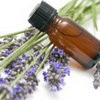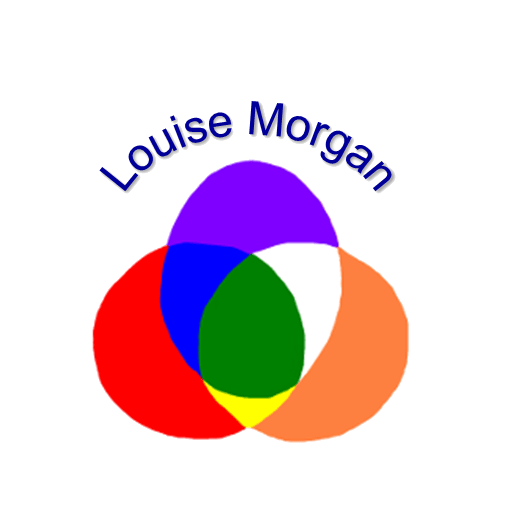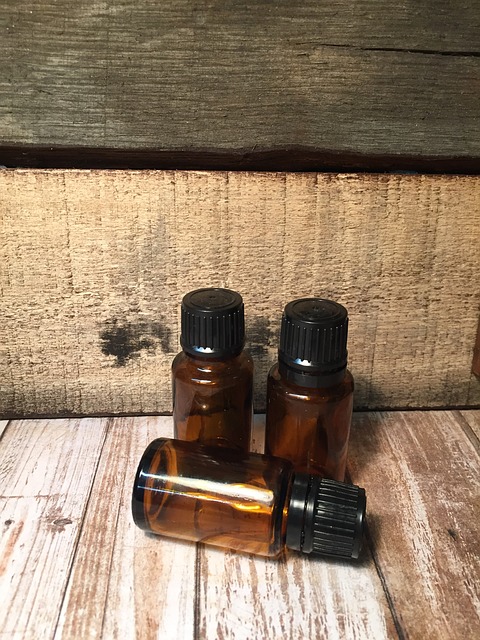If you think of aromatherapy, you’ll automatically think of essential oils – and you won’t be wrong. What you may not know is there is also another aspect to aromatherapy, which is used by clinical aromatherapists.
There is a by-product which is created during the distillation process and centuries ago this was the main reason essential oils were produced. It was actually for the floral waters, not the oil. As time changed, trends also changed and the focus then became the essential oils with the water being discarded. Now there has been a resurgence in the use of the floral waters.
So what are they?
When plants such as lavender, chamomile, etc are distilled there is steam involved to obtain the essential oil. The essential oil molecules and steam are both cooled and collected in a vat. As the water is heavier than the essential oil components it sinks to the bottom, while the essential oil sits on the top. The essential oil is then taken off and bottled.
The water that is left is not purely water, but actually contains the heavier chemical components of the plant. It has the same type of strength as a herbal tea, or tisane and so is useful for children or the elderly, as they can be applied and used safely.
In the aromatherapy world these floral waters are known as hydrolats or hydrosols. They are not commonly found in shops, as they like to be kept at a constant temperature and are larger bottles than essential oils. I love hydrolats and have used them for stomach bugs, conjunctivitis, chicken pox, eczema, issues with hot flushes etc. They are good for skin care and can be ingested much more safely than essential oils.
It is important to source the hydrolats from a suitable supplier, and it is worth buying them from an aromatherapy stockist who will understand how they may be used. Sometimes alcohol may be added to them as a preservative and this can be dangerous if you do want to ingest them or use them near eyes.
If you like the sound of hydrolats and want to learn more, two good books are ‘Hydrosols:The Next Aromatherapy’ by Suzanne Catty and ‘Understanding Hydrolats’ by Len Price and Shirley Price. Alternatively, feel free to get in touch for more advice.
 Louise is an holistic therapist who owns Therapy Centre, Bristol BS14 9HB, a clinic offering a range of holistic and beauty therapies. Louise offers reflexology, aromatherapy, aromatology, holistic massage, Indian head massage, reiki, baby massage and story massage. She is a mum of two boys and when she is not working she enjoys getting outdoors with her family. For further information about Louise you can visit her website louise-morgan.co.
Louise is an holistic therapist who owns Therapy Centre, Bristol BS14 9HB, a clinic offering a range of holistic and beauty therapies. Louise offers reflexology, aromatherapy, aromatology, holistic massage, Indian head massage, reiki, baby massage and story massage. She is a mum of two boys and when she is not working she enjoys getting outdoors with her family. For further information about Louise you can visit her website louise-morgan.co.

